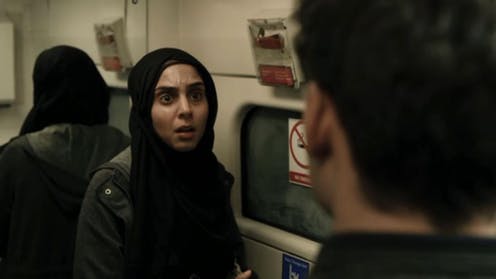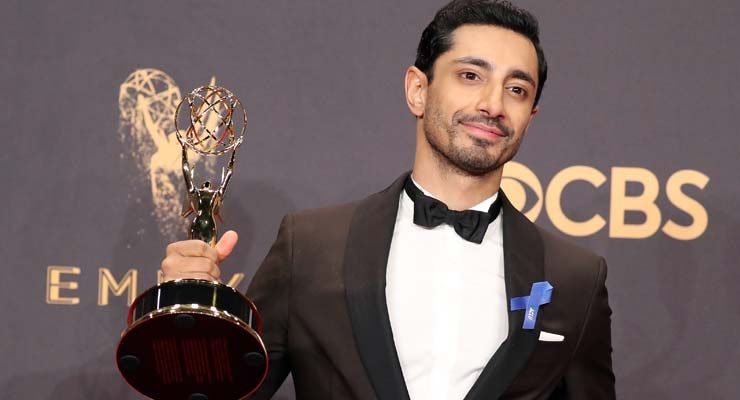
British actor and rapper Riz Ahmed has launched a fund to help combat “toxic portrayals” of Muslims in films.
The move comes after a study showed Muslims rarely appear on screen, or are shown in a negative light if they do.
Earlier this year, the Sound of Metal star became the first Muslim to be nominated for best actor at the Oscars.
Ahmed, who is also known for Rogue One and The Night Of, said: “The problem with Muslim misrepresentation is one that can’t be ignored any more.”
In an online video, he said his history-making Oscar nomination was a “bittersweet” moment.
‘Unwritten rule’
“I simultaneously wore that slightly dubious accolade with a sense of gratitude personally… I also felt tremendous sadness.
“How was it that out of 1.6 billion people – a quarter of the world’s population – none of us had ever been in this position until now?
“I asked myself, if I’m the exception to the rule, what must the rule be about people like me? What must the unwritten rule be about Muslims – a quarter of the world’s population – and their place in our stories, our culture and their place in our society, if any?”

 Two Muslim men, on prime-time television, clutching shiny metal objects close to their black garments amid an unsuspecting crowd.
Two Muslim men, on prime-time television, clutching shiny metal objects close to their black garments amid an unsuspecting crowd.